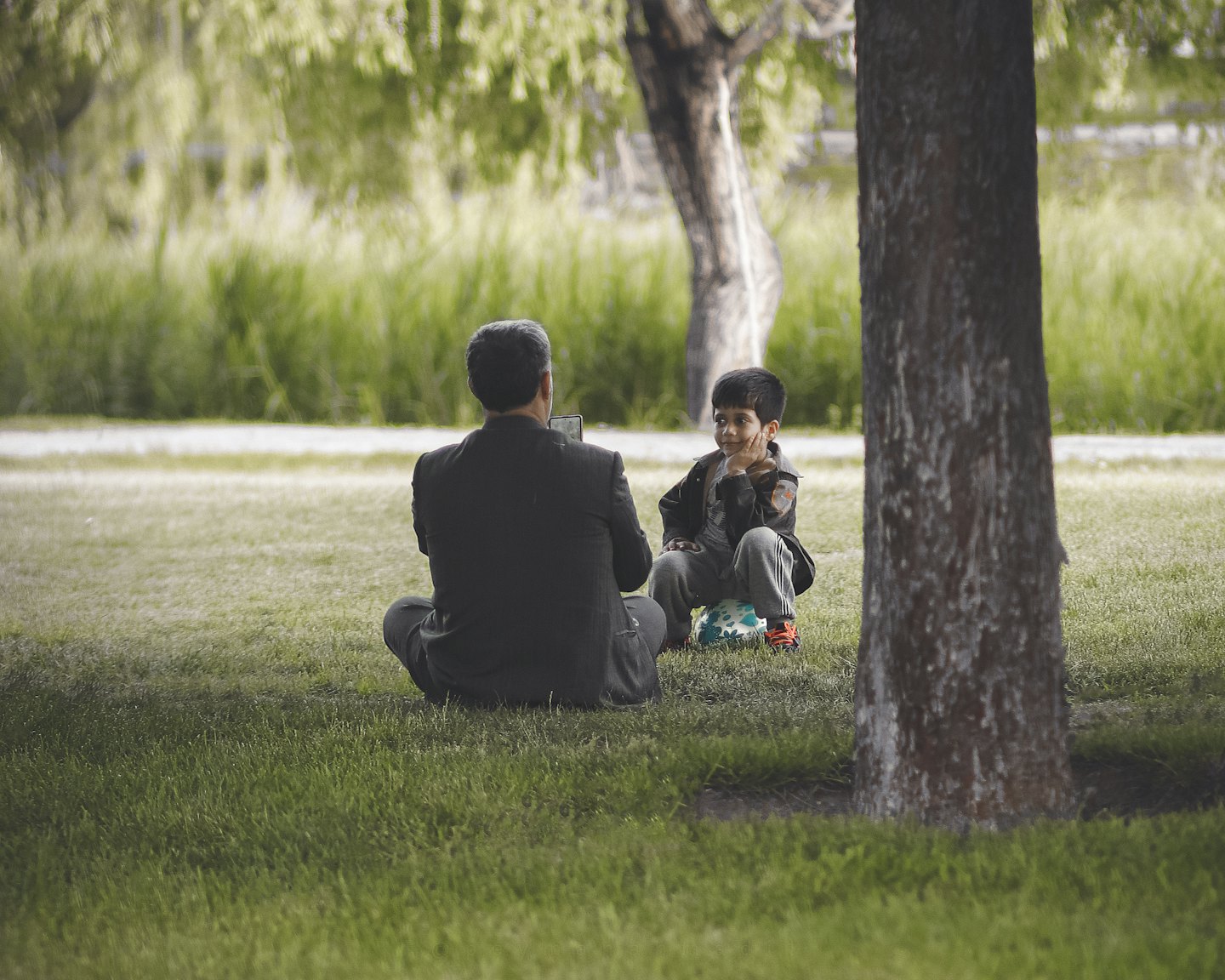Resolving Family Conflicts with Compassion and Care
Professional mediation to help families find common ground and understanding.

Family Mediation
The MIAM (Mediation Information and Assessment Meeting)
The mediation process begins with the MIAM, an individual meeting with a trained mediator. This confidential session assesses whether mediation is appropriate for your circumstances. The mediator will outline the process, address any safeguarding concerns, and provide an opportunity for you to ask questions. It also allows you to determine whether you feel comfortable moving forward. If mediation is deemed suitable, joint sessions can then be scheduled.
Commencing Joint Mediation Sessions
Once both parties agree to proceed, joint mediation sessions are scheduled. These may include shuttle mediation, where the mediator moves between individuals to facilitate discussion. Guided by the mediator, the sessions maintain a constructive and balanced approach, focusing on key issues. Participants are encouraged to explore solutions, express their perspectives, and collaborate toward mutually acceptable agreements. The number of sessions required depends on the complexity of the matters at hand, covering areas such as parenting arrangements, finances, property, and communication strategies.
Documenting and Formalising Agreements
Once agreements are reached, the mediator can draft a Memorandum of Understanding or Parenting Plan, summarising the decisions made. While these documents are not legally binding, they provide a solid foundation for court orders if needed and can be reviewed by a solicitor for legal guidance. This step ensures both parties have clarity and confidence moving forward, with a focus on practical, child-centred, and sustainable solutions.
Core Principles of Mediation
Mediation is voluntary – participation is entirely at the discretion of the parties involved.
Mediation is confidential – discussions remain private, ensuring a safe and open dialogue.
The mediator is impartial – they do not take sides but facilitate fair and balanced discussions.
Decision-making power rests with the parties – agreements are formed through mutual consent..


